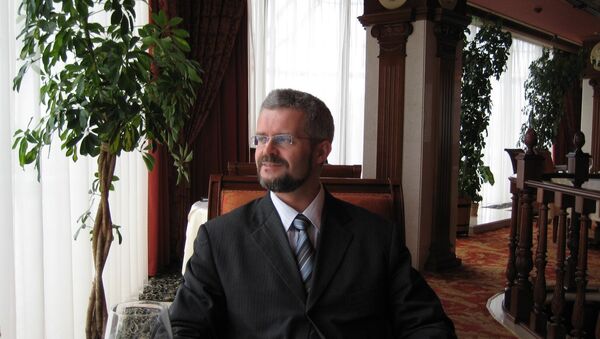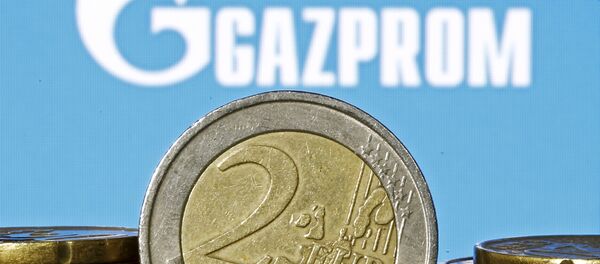"This will be a great opportunity to restart the relationships with Russian Federation on a new basis, which will not create any legal obligation for Russia. It is a signal to participate in energy charter process," Rusnak said at the Energy Security Summit held in Berlin, Germany.
The representatives of over 70 countries are expected to take part in the ministerial-level meeting in The Hague, Rusnak said.
The Energy Charter Treaty regulates energy trade and transit, and is supposed to settle disputes between participating countries.
Russia signed the treaty in 1994, but never ratified it. In 2009, the ministerial conference decided to modernize the treaty.
Russia's Gazprom risks to face a biased trial on the anti-trust charges filed by the European Commission due to Russia's withdrawal from the Energy Charter Treaty, Secretary General of the Energy Charter Secretariat Urban Rusnak said.
Last month, the Commission accused the giant energy company of abusing its dominant market position and violating EU antitrust legislation.
“Because Russia withdrew from the Energy Charter, it is in the situation when it has to play on the European blank field, where parties don't have any common ground on the case and it also lost the opportunity for less biased mediation of the dispute,” Rusnak said.
He stressed that Gazprom will suffer losses because of the application of the new EU legislation to the case.
According to Rusnak, in this particular situation the contract's signatories could have used the Energy Charter Treaty as legal grounds for the trial, if Russia had not left the Treaty in 2009.
“Gazprom has obviously a different from Europe opinion on the case: they believe that they have full rights based on the contracts. In this dispute all 28 members of EU against one and it is a consequence of Russia's withdrawal from the Charter Treaty,” the Secretary General added.
The Energy Charter Treaty is an international agreement establishing a framework for energy cooperation in Europe. Russia has initially signed the treaty but refused to ratify it in 2009 due to provisions that require third-party access to Gazprom's pipelines.
On April 22, the European Commission sent a statement of objections to Gazprom, claiming the company overcharges customers in Central and Eastern Europe.
The statement contains intermediate conclusions on an investigation opened in August 2012. The formal proceedings concerned Estonia, Latvia, Lithuania, Poland, Hungary, Czech Republic, Slovakia and Bulgaria.
The Russian Energy Ministry in late April that Russia expects the European Union's anti-trust case against the Russian energy giant Gazprom to be settled through consultations.
Gazprom is the world's largest natural gas producer and a major gas supplier for many nations in Central and Eastern Europe, dominating their markets with a share well above 50 percent and in some cases up to 100 percent.




